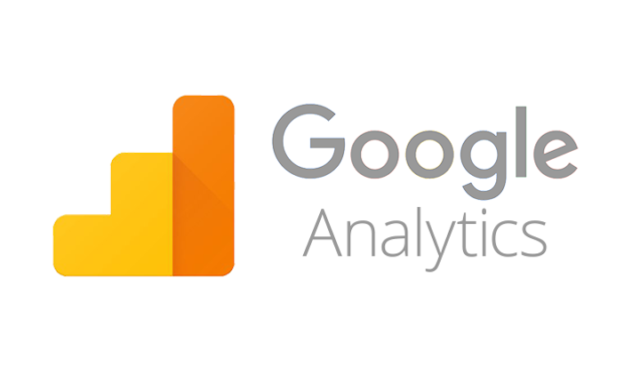
Google Analytics is one of the widely used tools when it comes to digital marketing strategies and their implementation. It’s a lot more than a page visit counter, as many companies are using. Many have never used Google Analytics for more than counting clicks and measuring bounce rates. However, those who have managed to learn more about this remarkable tool know that it can be used to create strong and successful strategies. Google Analytics gives us insight into the behavior of our page visitors. Based on that data we can focus on their user experience and make it better than ever. It will also help us to improve the business performance of our company.
Instead of spending hours and days of your time trying to understand what your customers actually want, Google Analytics will help you do it in less time than you think possible. So give yourself plenty of time to learn how this tool works. That’s the only way you’ll be able to understand all the important data you need to run your business successfully.
What is Google Analytics?
It is a platform that is designed to provide a simple report on website traffic. However, over time, Google has improved the service and now uses JavaScript code to be able to collect data about site visitors and thus offer a better service to the audience.
Until now, there have been many changes in the way of work, but the basic functionality of monitoring the number of visits to the sites has been maintained. Of course, the creators also got many more useful ideas on how to make Google Analytics really useful in many business aspects.

So, today you can monitor parameters such as real-time traffic, audience, acquisition, behavior, conversions, intelligence events, etc.
How is Google Analytics used for marketing strategies?
So far we have explained the basic workings of this useful tool. However, in combination with other services and tools, marketers gain meaningful data that they can use to create sophisticated strategies that will contribute to business growth.
These are all aspects in which Google Analytics can help you:
1. Data collection
GA collects important data from your website, and you can use it in any way you need. In fact, this data informs you what your strengths and weaknesses are, but also what you need to do to improve your overall performance.
All data is classified into different categories, which makes Google Analytics easy to handle and understand. Therefore, marketing agencies like Digital Spotlight, as well as businesses, use exactly that and manage to predict the next steps and make smarter decisions.
2. Campaign Tracking
When you have a web campaign, it is good to monitor the results in time, so that you can intervene when necessary. With Google Analytics, it’s easily accessible, so you can better identify your target audience and offer a more precise campaign next time.

In fact, GA helps us be good learners and understand our products better. For example, if a website is the primary source of information for visitors, then the content should be strategically distributed, combined with the promotional section.
At the same time, on your dashboard, you can monitor the progress of the campaign and adapt it if there is a need for all that.
3. Conversion tracking
This is perhaps the most important part of any business website’s existence. This section of Google Analytics helps you see how your campaign is performing. In fact, businesses run these campaigns not to be seen, but to convert some of their visitors into customers.
With that, visitors can take a variety of actions when they reach the campaign, such as subscribing, sharing, or liking on social media, recommending the product or service, trying it themselves, or buying it for them. All these actions are part of the campaign and the business growth strategy.
Of course, you can launch a campaign and not track the numbers, but then there would be no purpose to everything you post. On the contrary, you must track how the audience reacts to your campaign and how many of them will become your subscribers or customers. That way you measure success and you can in the next phase improve the approach or target a more specific audience that would be interested in the product.
4. Making decisions
Even just by tracking the number of clicks and site visits, you can make better decisions related to your business. For example, news websites rarely sell their own products but promote other businesses. Most often, the campaigns are paid according to the impressions achieved, which is why Google Analytics is used.

With the help of the overview section, the number of visitors can be monitored and active campaigns on the site can be monitored. With this, a better content strategy is made, that is, authors and journalists are focused on what really interests readers. Of course, based on the real-time behavior part, they can decide which post to force on social networks, and which topic is not interesting for readers.
5. Optimize the site according to the received data
All this data that you will receive from Google Analytics will help you to optimize your website. You can sequence the audience according to many criteria, including demographic characteristics. By doing so, you can detect who are the visitors with specific interests, as well as make a strategy to attract them in the greatest number possible.
The Internet is where the biggest developments are focused, from organic searches to paid campaigns. So use all the simple tools that you get almost for free to improve your performance.
Conclusion
As you can see, this simple yet functional tool is key to creating a strong marketing strategy. Many businesses already use Google Analytics in their daily performance analysis. So, you can do the same. You will get important data about your readers, but you will also be able to improve the general approach to creating appropriate content for the audience.

We hope that this article was helpful, and you will understand how important is Google Analytics for every type of website.












